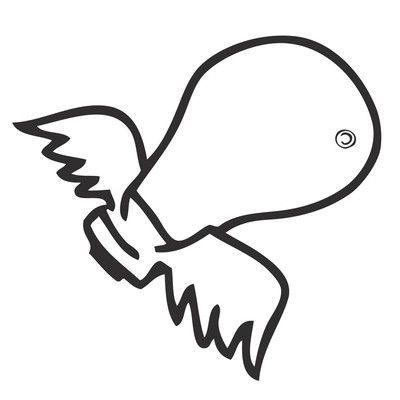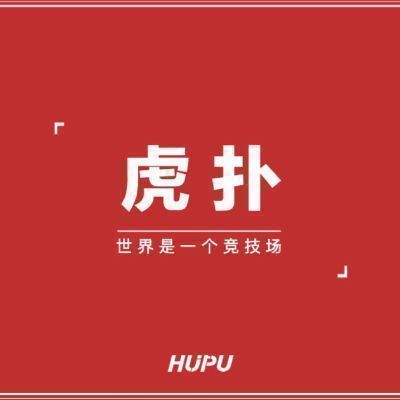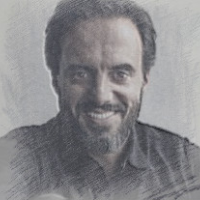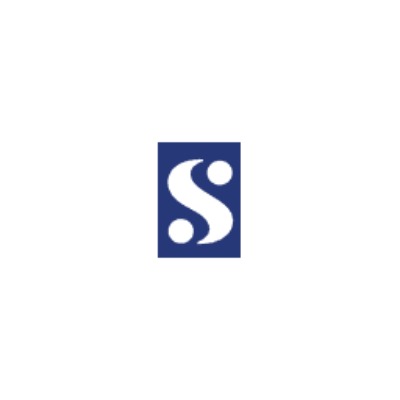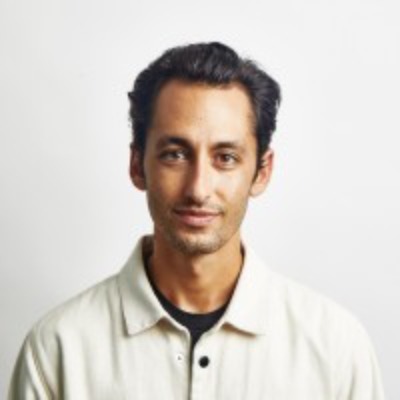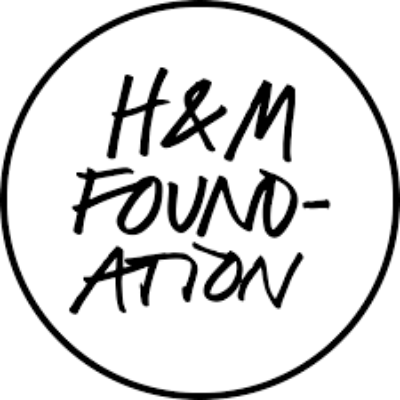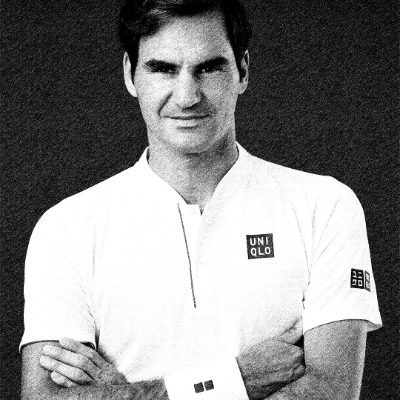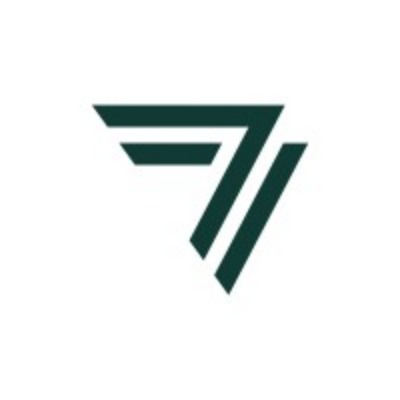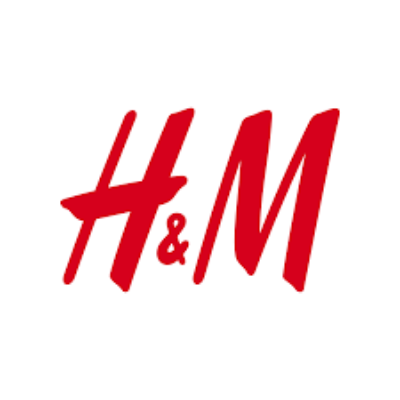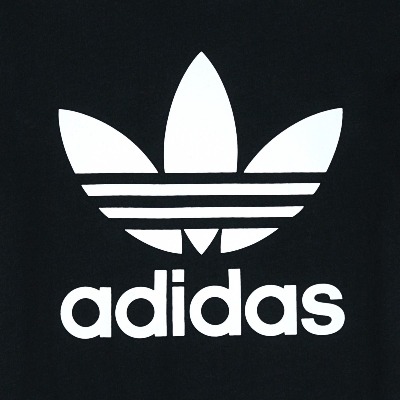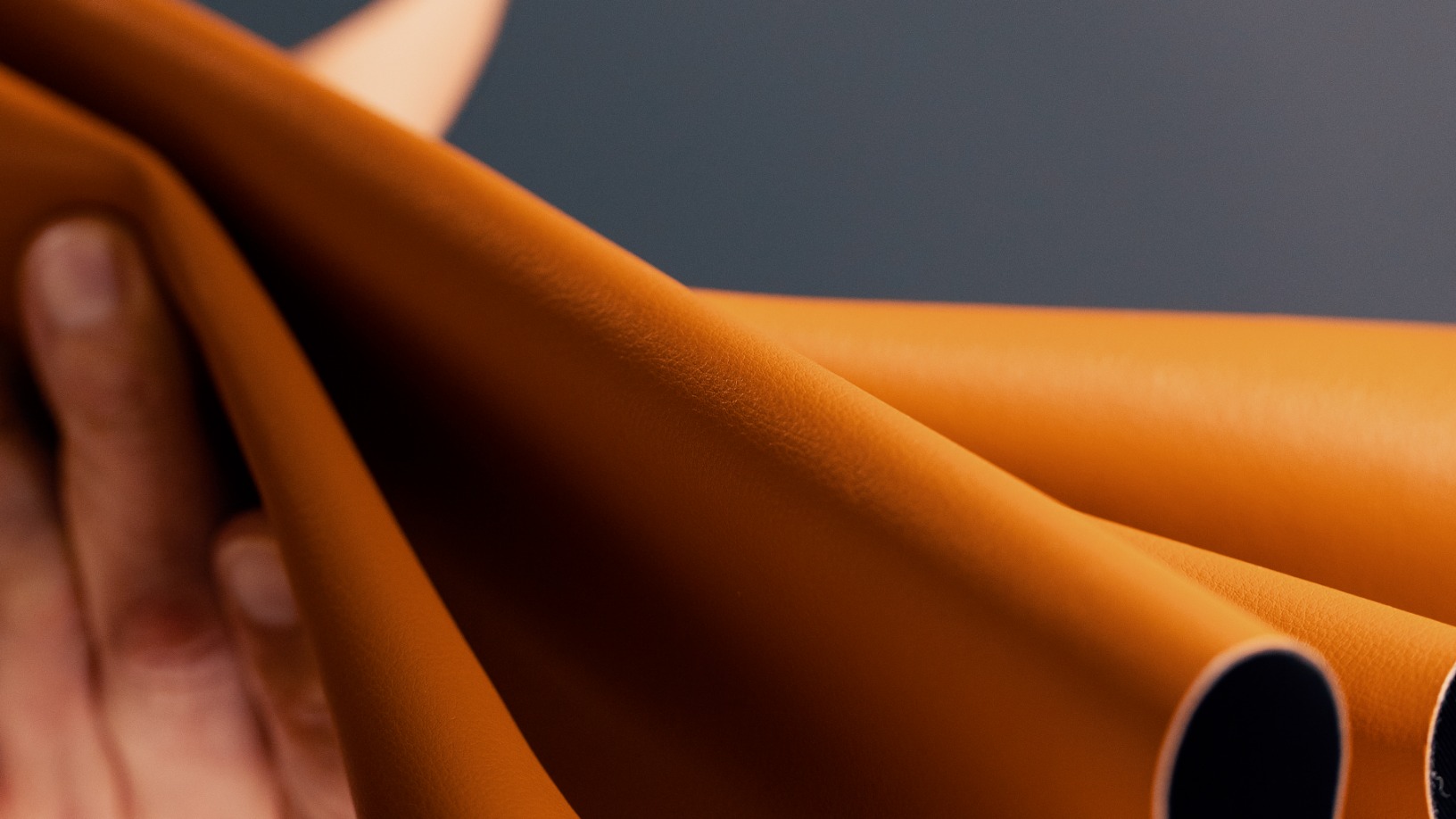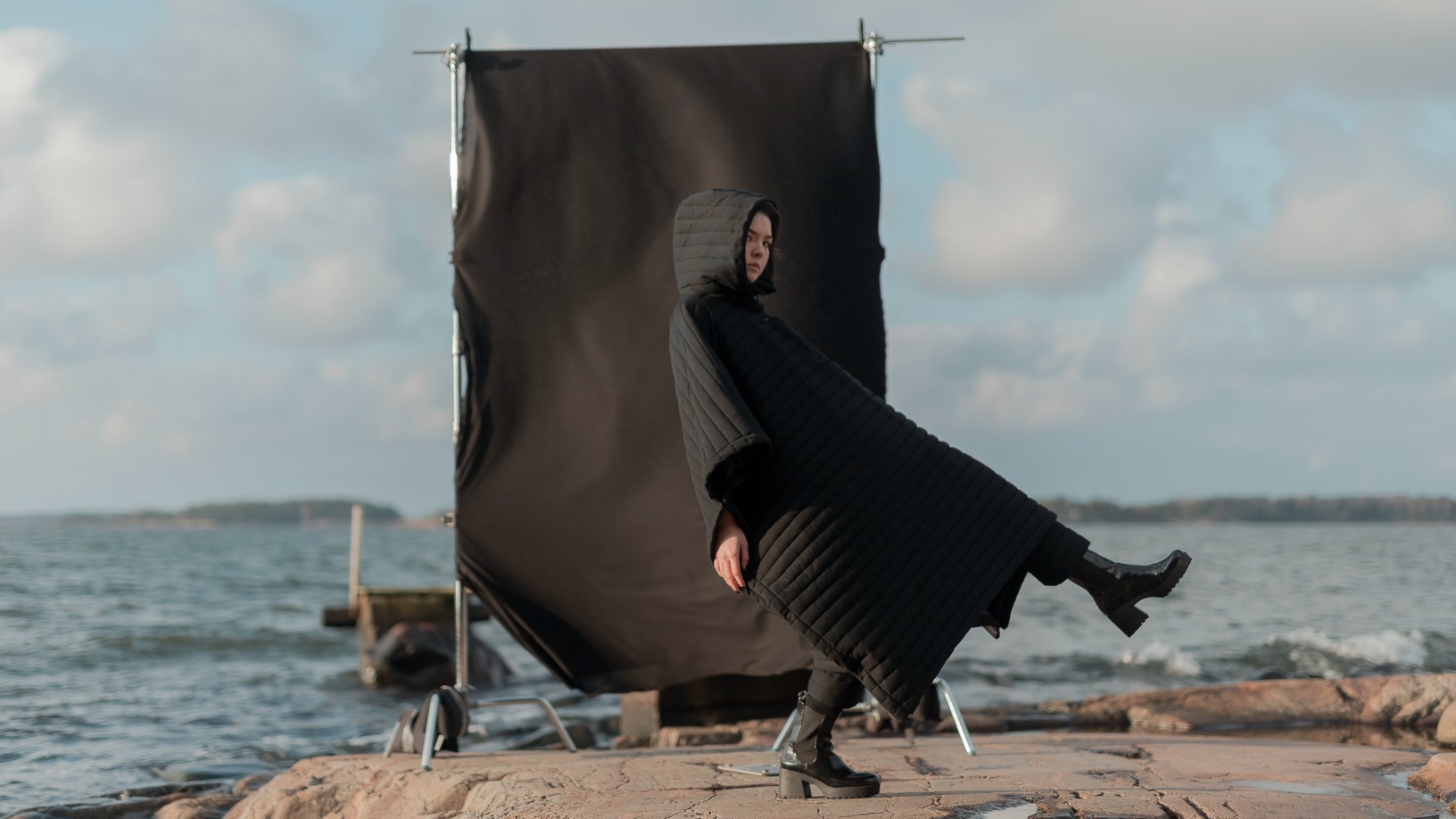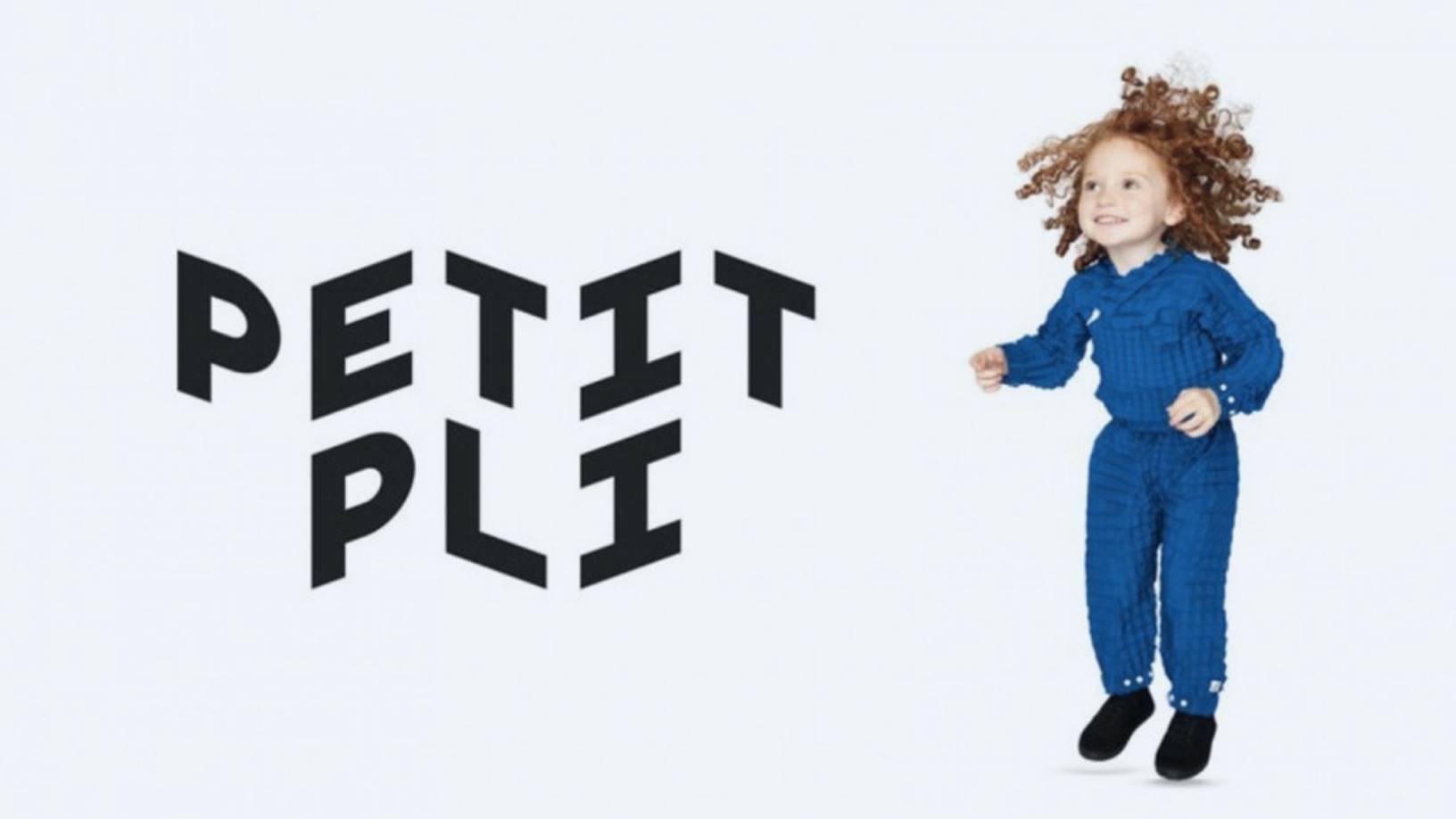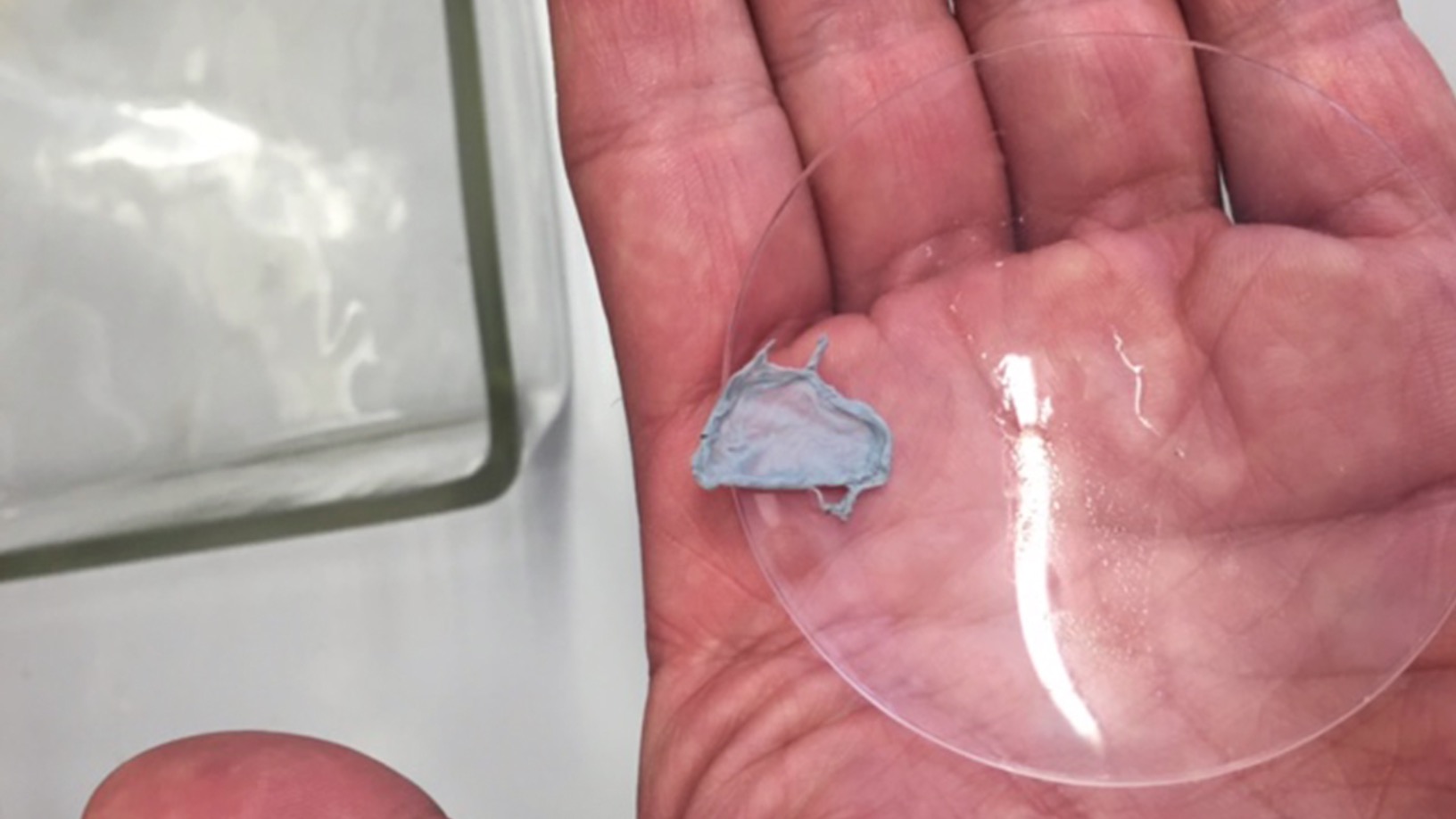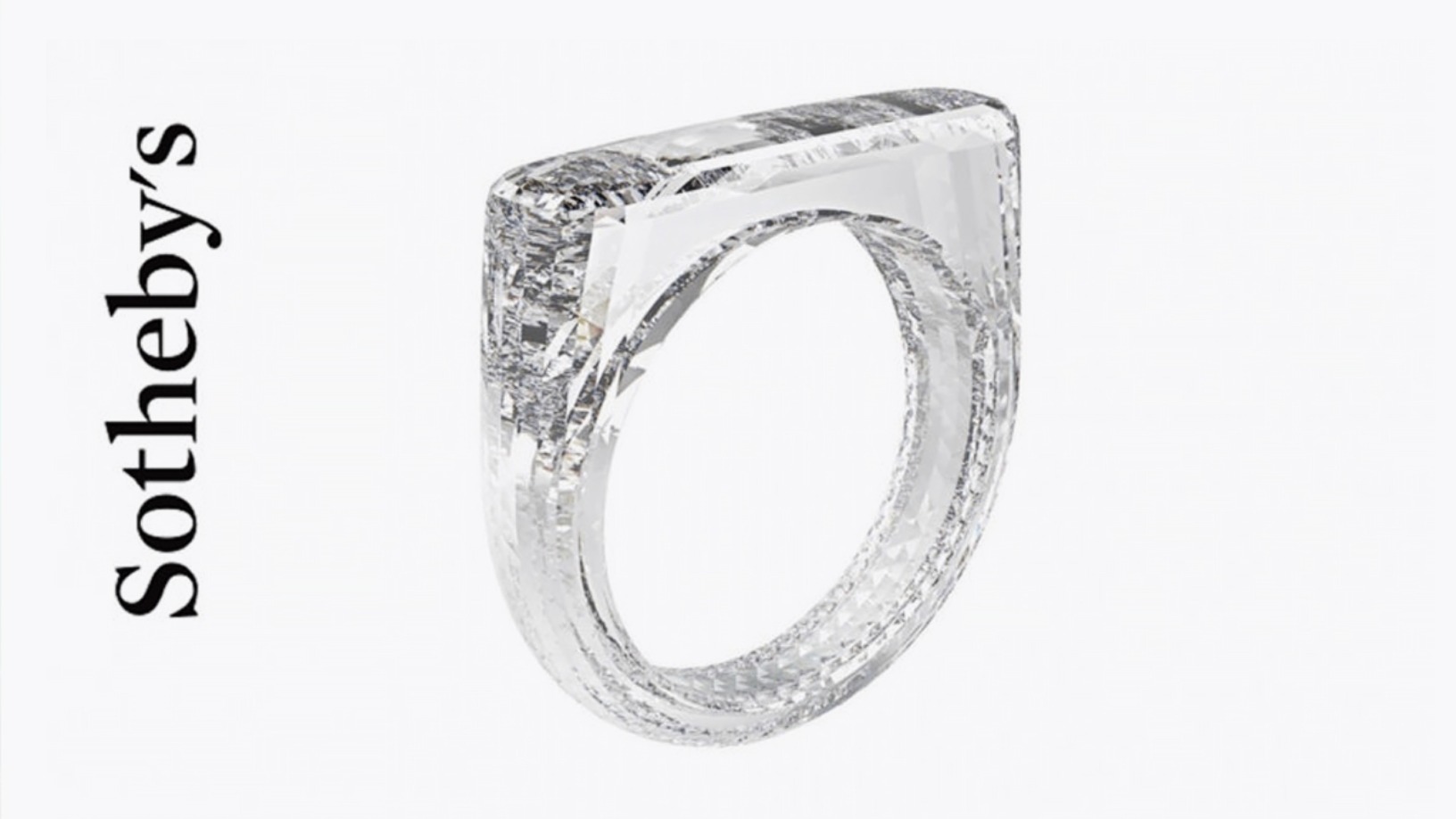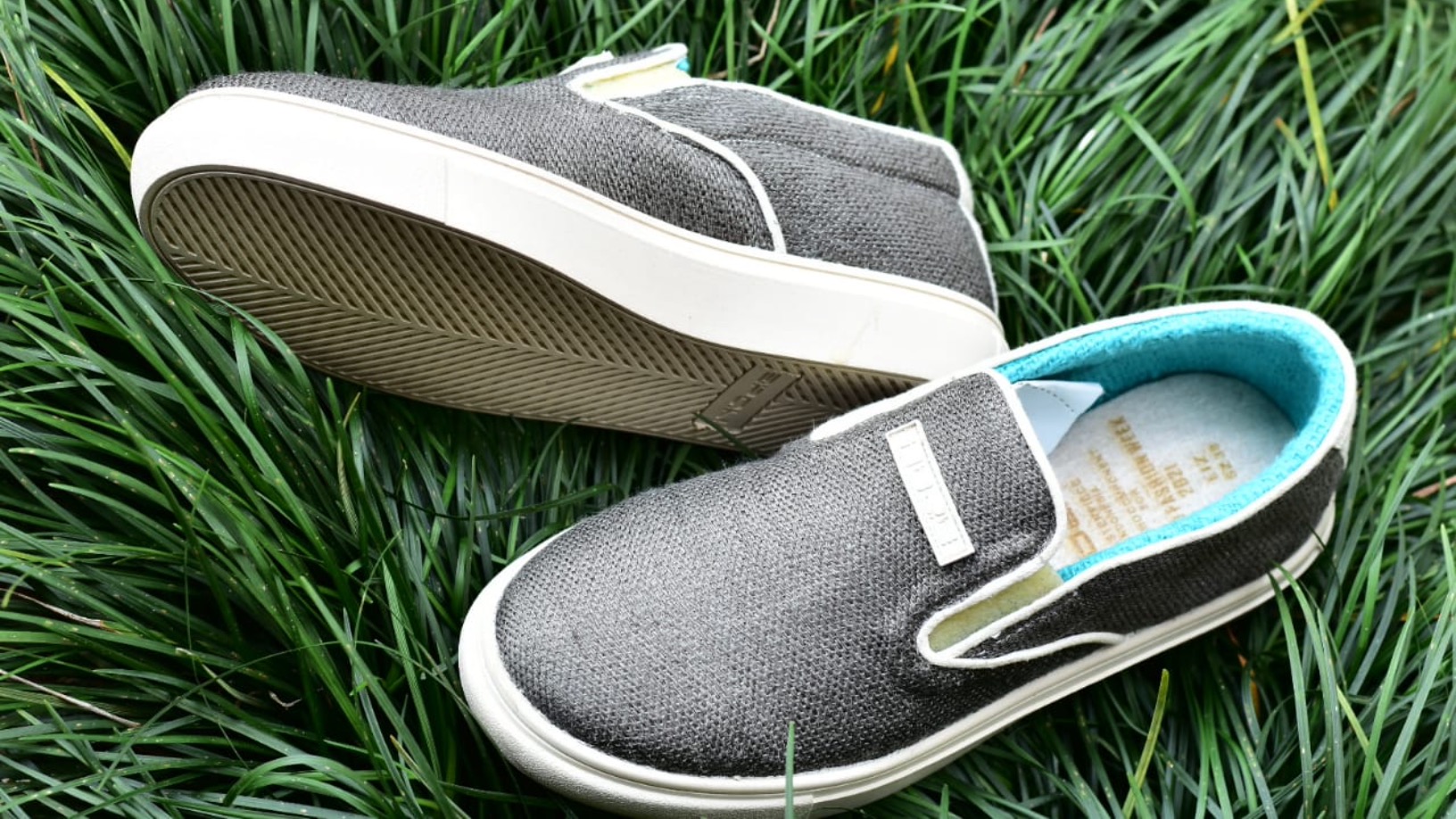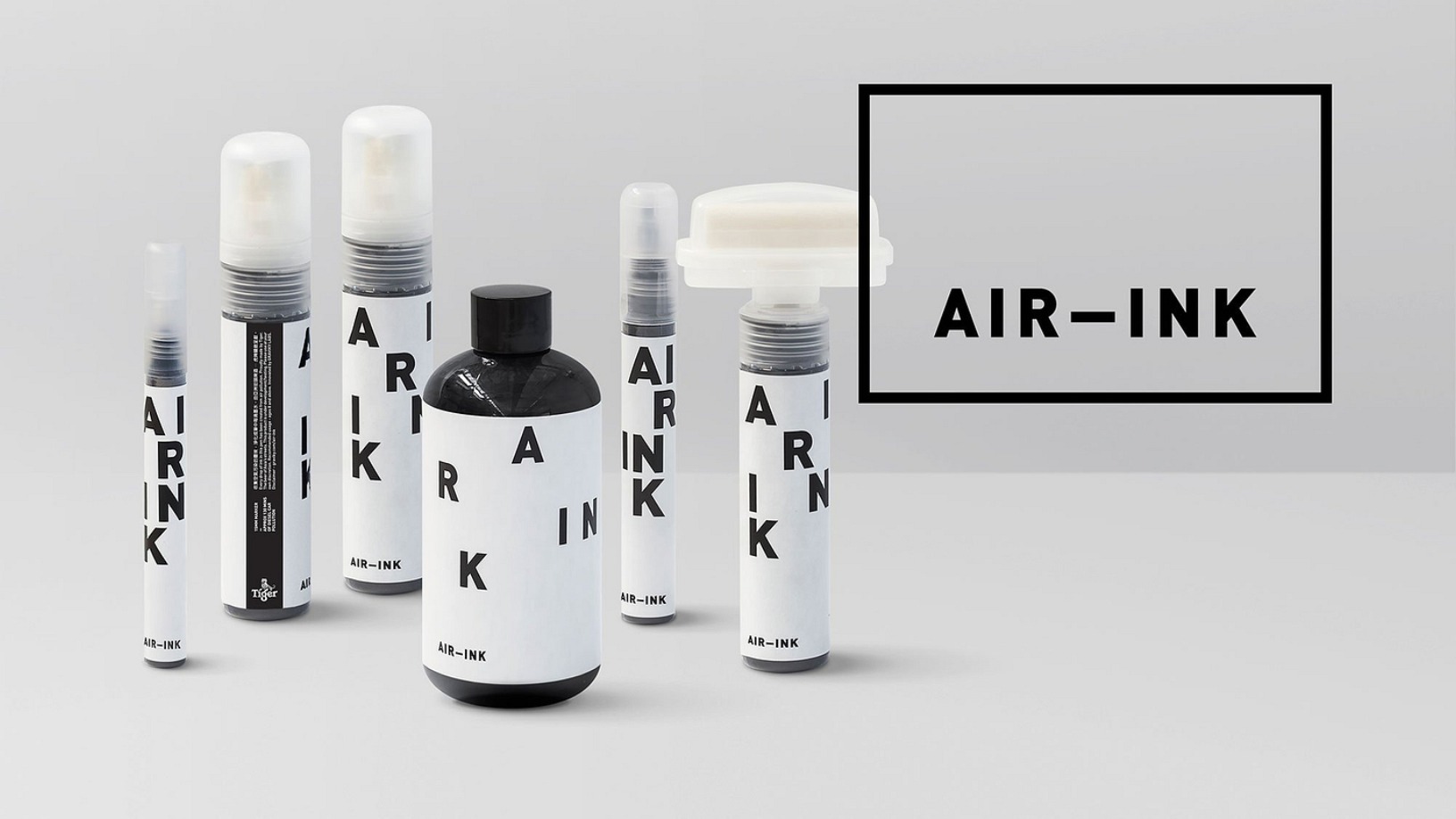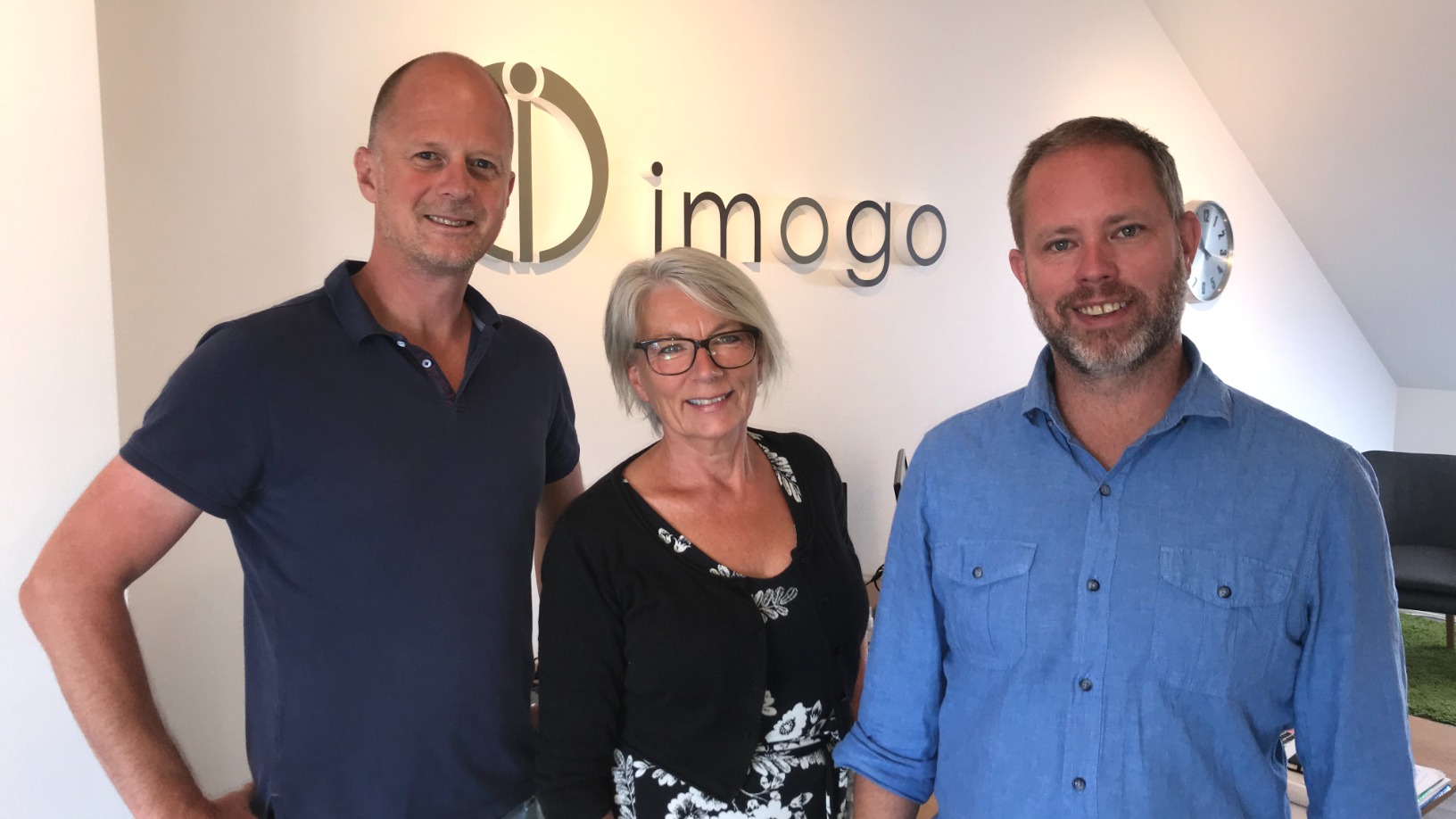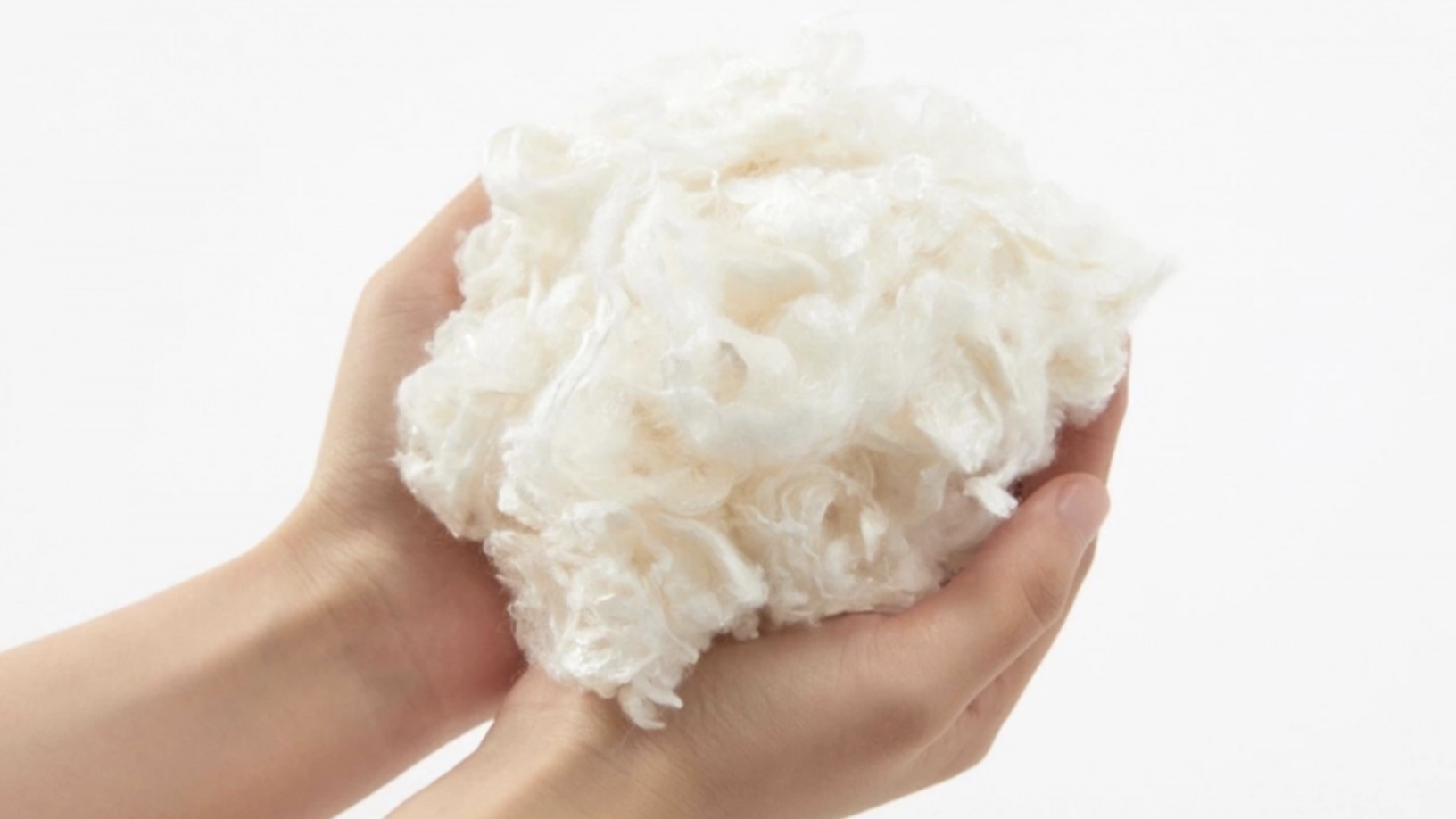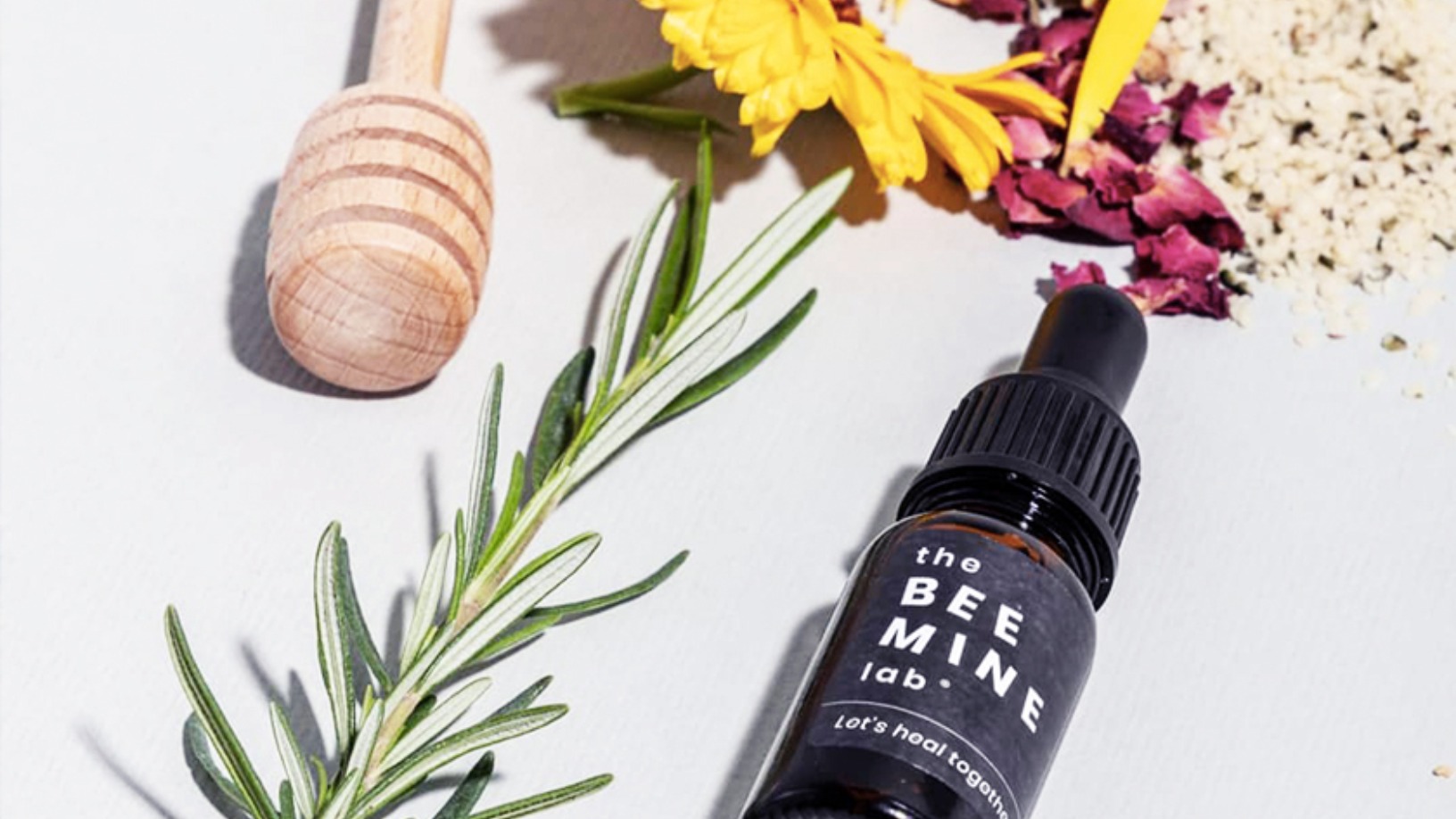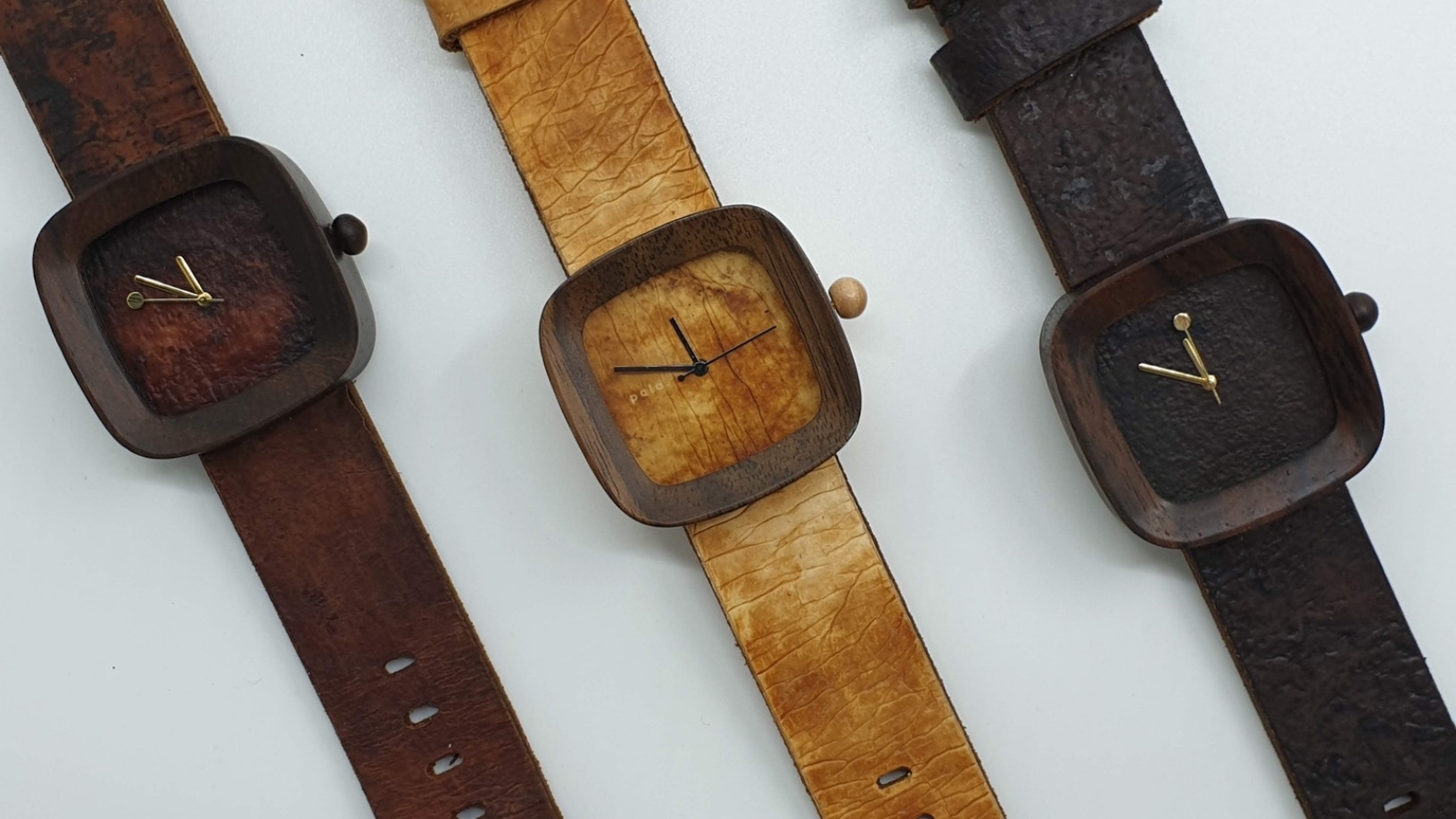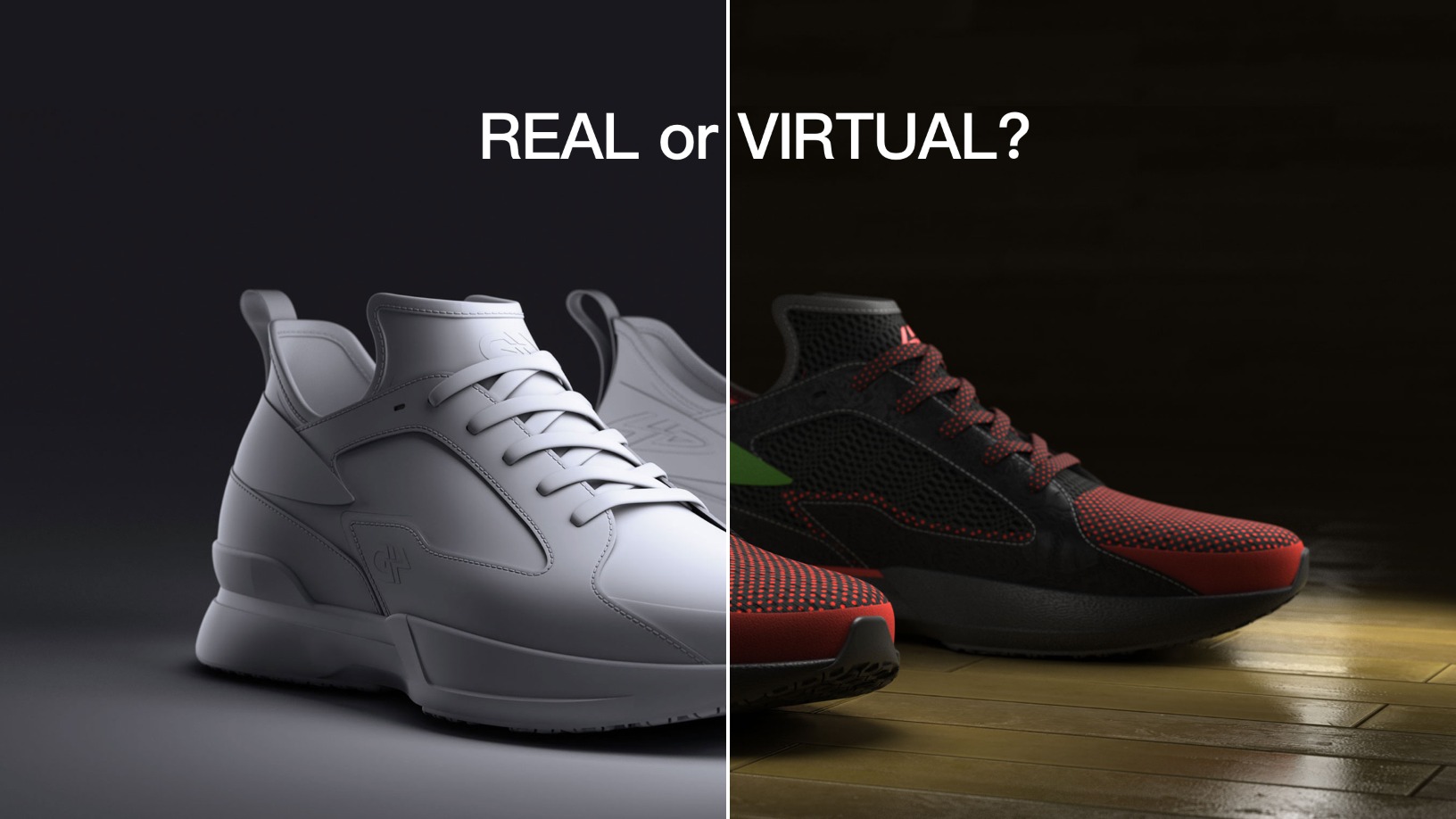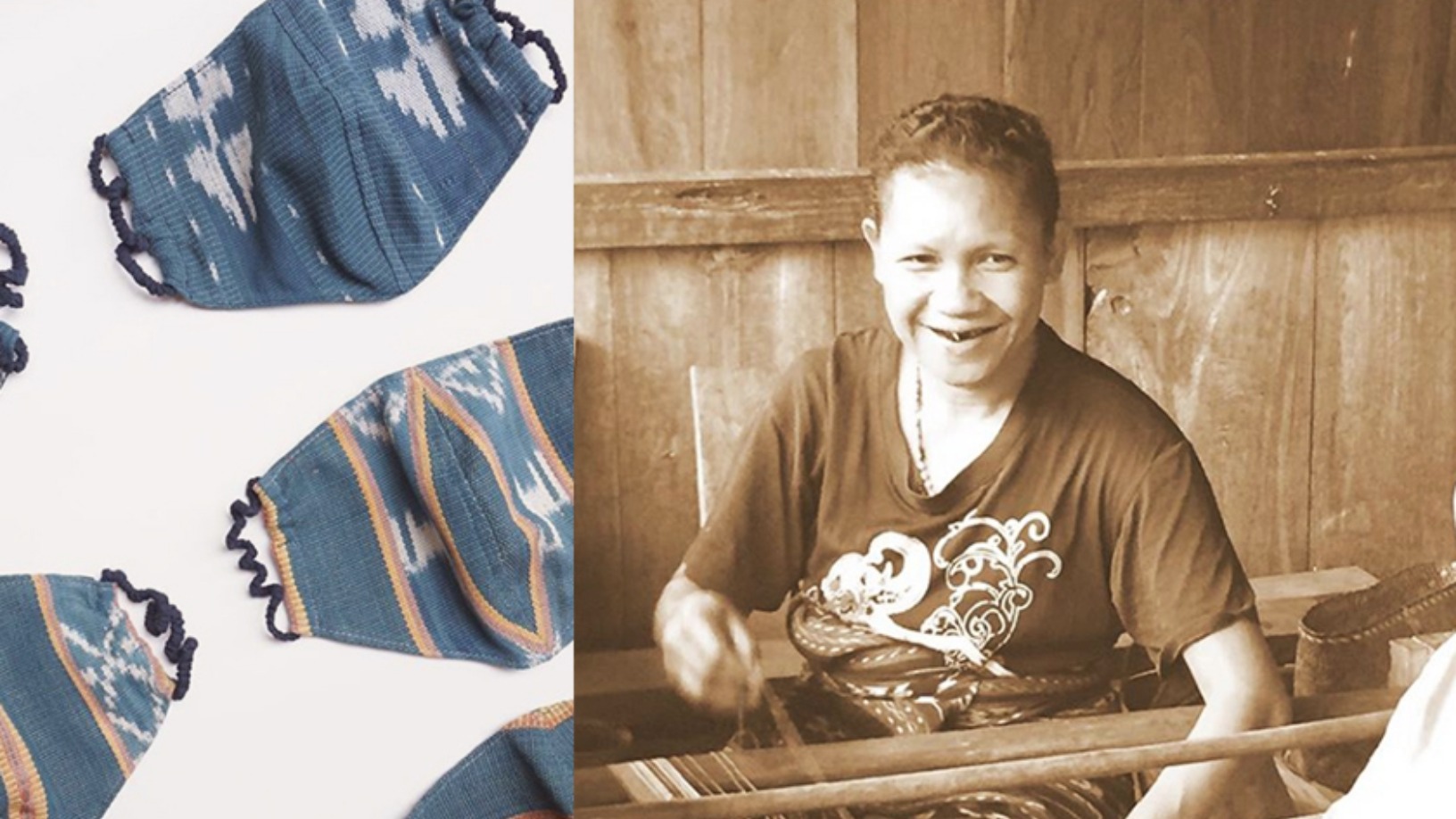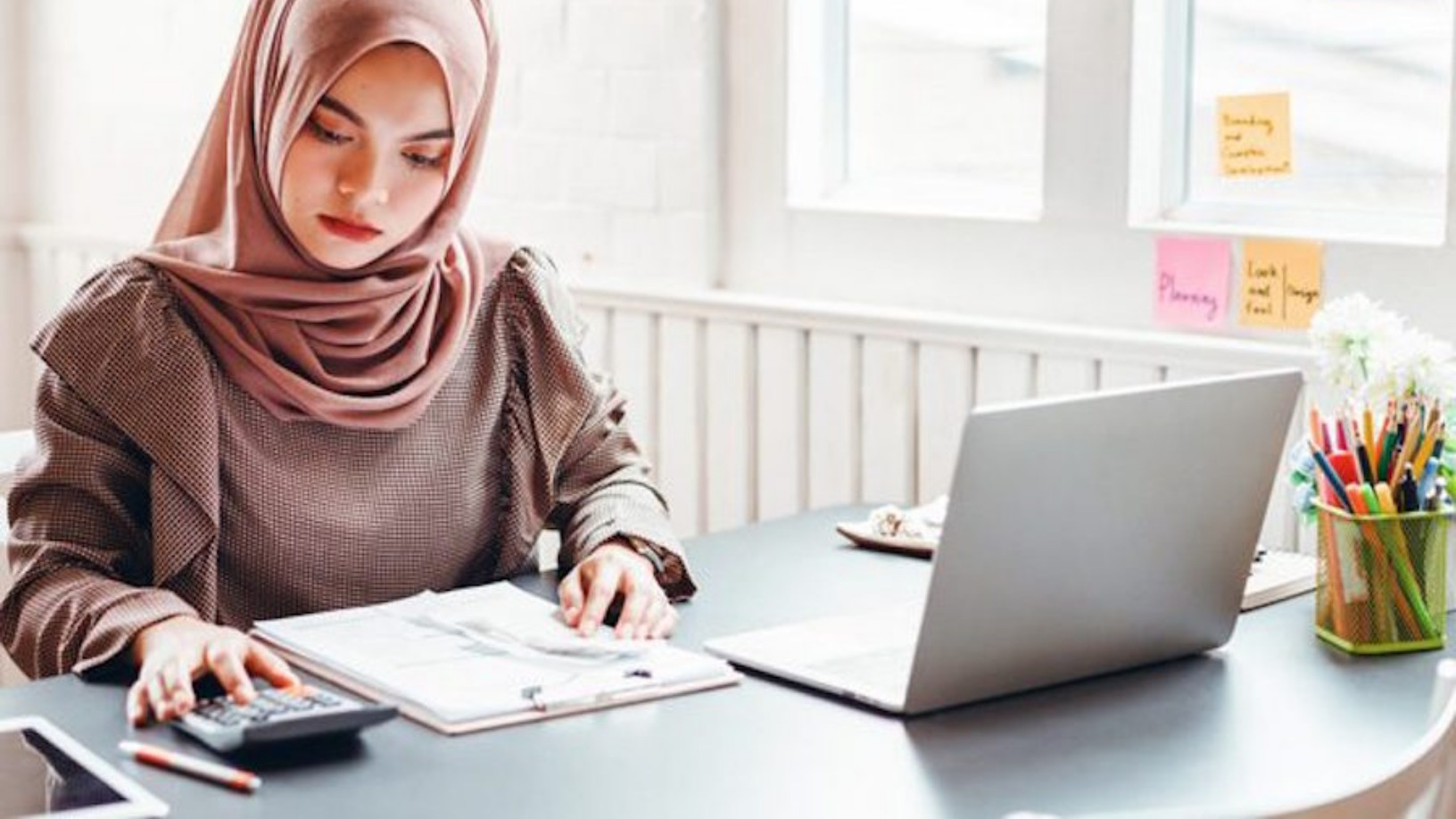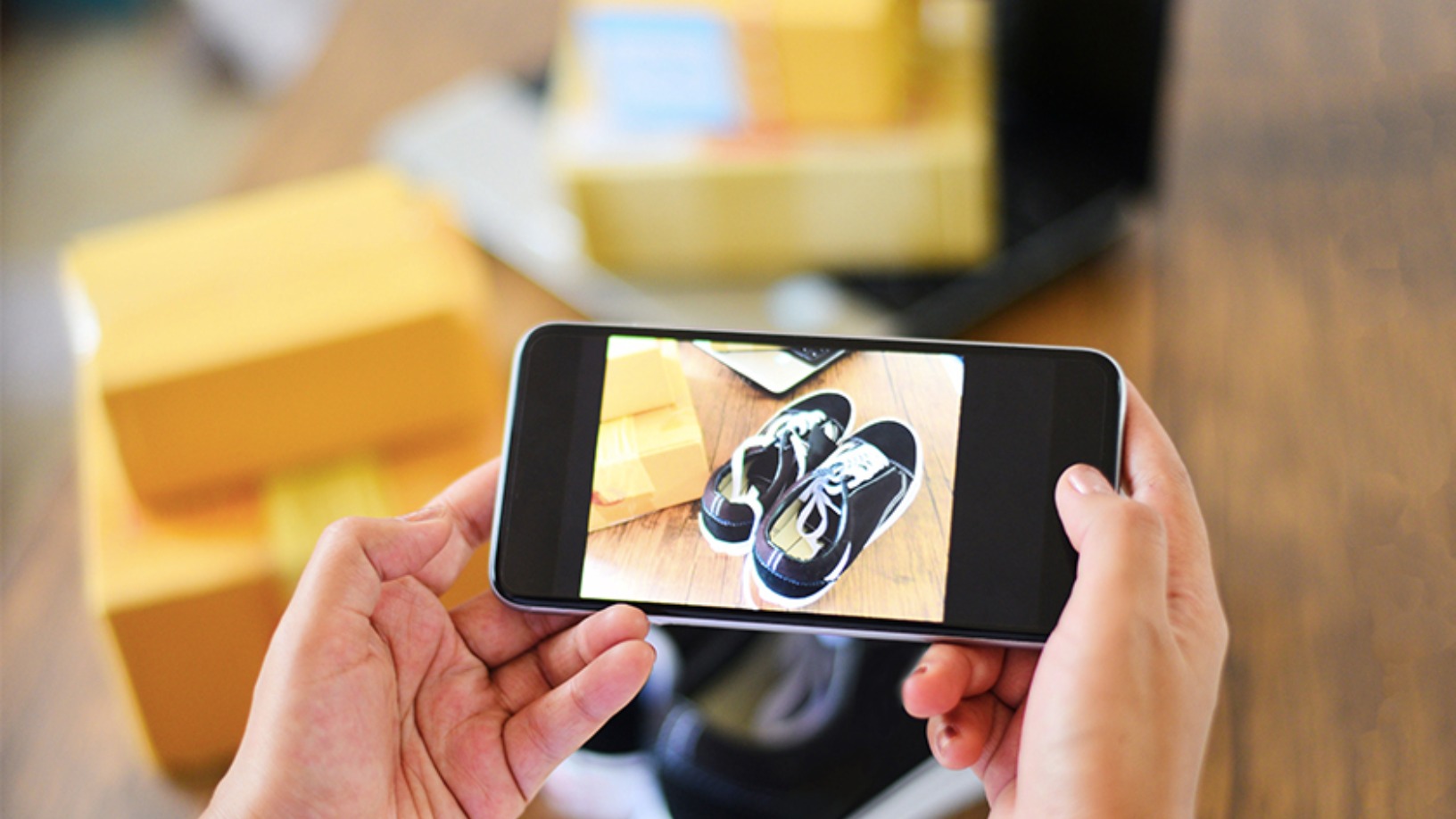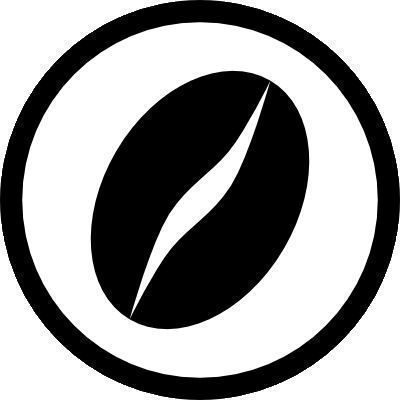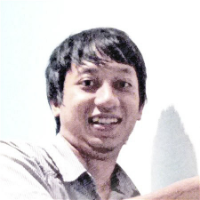Fashion
This function is exclusive for Premium subscribers
DATABASE (43)
ARTICLES (31)
Ataria Ventures is an early stage fund that offers predominantly Latin American investors and corporations access to technology startups in Israel and Silicon Valley. It has invested in more than 30 startups across a variety of industries and sectors, including Artificial Intelligence, Big Data, Virtual Reality, foodtech, agritech, consumer, and health.
Ataria Ventures is an early stage fund that offers predominantly Latin American investors and corporations access to technology startups in Israel and Silicon Valley. It has invested in more than 30 startups across a variety of industries and sectors, including Artificial Intelligence, Big Data, Virtual Reality, foodtech, agritech, consumer, and health.
Unreasonable Capital is a US-based venture capital firm. It focuses on early to mid-stage startups in emerging markets that address social and environmental challenges. The firm does not lead investments on its own, participating only when a local entity participates in financing. Its portfolio includes Nigerian fintech firm Paga, Indonesian automated fish feeder maker eFishery and solar power system producer BuffaloGrid.
Unreasonable Capital is a US-based venture capital firm. It focuses on early to mid-stage startups in emerging markets that address social and environmental challenges. The firm does not lead investments on its own, participating only when a local entity participates in financing. Its portfolio includes Nigerian fintech firm Paga, Indonesian automated fish feeder maker eFishery and solar power system producer BuffaloGrid.
Formerly known as hoopCHINA.com, Hupu is a sports news portal founded by Yang Bing and Cheng Hang at the end of 2003. Its business has expanded to include social networking, e-commerce and sports marketing. In June 2019, Hupu raised RMB1.26 billion in its pre-IPO funding round from ByteDance, TikTok's parent company. Hupu has incubated e-marketplace for trending sports gears Shihuo and sneakers resale platform Poizon. The latter became an independent business as a spin-off from Hupu in 2018. Poizon became a unicorn when its valuation exceeded US$1 billion in April 2019 due to a Series A funding round led by DST Global.
Formerly known as hoopCHINA.com, Hupu is a sports news portal founded by Yang Bing and Cheng Hang at the end of 2003. Its business has expanded to include social networking, e-commerce and sports marketing. In June 2019, Hupu raised RMB1.26 billion in its pre-IPO funding round from ByteDance, TikTok's parent company. Hupu has incubated e-marketplace for trending sports gears Shihuo and sneakers resale platform Poizon. The latter became an independent business as a spin-off from Hupu in 2018. Poizon became a unicorn when its valuation exceeded US$1 billion in April 2019 due to a Series A funding round led by DST Global.
José Neves is best known as the CEO and co-founder of fashion unicorn Farfetch, one of Portugal's most successful startups to date. London-based Neves is also a non-executive director at the British Fashion Council. He has set up his own foundation to spend two-thirds of Farfetch's profits on innovation projects. As an angel investor, he has so far invested in two startups: Portuguese fintech StudentFinance and fashion platform asap54.com where he is also an advisor.
José Neves is best known as the CEO and co-founder of fashion unicorn Farfetch, one of Portugal's most successful startups to date. London-based Neves is also a non-executive director at the British Fashion Council. He has set up his own foundation to spend two-thirds of Farfetch's profits on innovation projects. As an angel investor, he has so far invested in two startups: Portuguese fintech StudentFinance and fashion platform asap54.com where he is also an advisor.
Arrive is the venture capital arm of Roc Nation, the full-service entertainment management company established by US musician Jay-Z. Aside from managing musicians and producing music under their label, Roc Nation also manages equity distribution for musicians, as well as talents in the sports industry. Arrive has made a number of investments in the Southeast Asia region, including in Singapore-based scooter rental startup Beam and fashion e-commerce Zilingo. In Indonesia, it has invested in Kopi Kenangan, a chain of grab-and-go coffee outlets. It has also invested in Super, a Y Combinator graduate startup enabling social commerce through group-buying.
Arrive is the venture capital arm of Roc Nation, the full-service entertainment management company established by US musician Jay-Z. Aside from managing musicians and producing music under their label, Roc Nation also manages equity distribution for musicians, as well as talents in the sports industry. Arrive has made a number of investments in the Southeast Asia region, including in Singapore-based scooter rental startup Beam and fashion e-commerce Zilingo. In Indonesia, it has invested in Kopi Kenangan, a chain of grab-and-go coffee outlets. It has also invested in Super, a Y Combinator graduate startup enabling social commerce through group-buying.
Serena Ventures is a venture capital investment firm founded by professional tennis player and businesswoman Serena Williams. The company focuses on early-stage companies founded by young, diverse teams. Since it was founded in 2014, it has invested in more than 30 companies with a cumulative market cap of $12b. Coffee brand Kopi Kenangan is its first investment in the Indonesian market. Serena Ventures has invested in notable companies like plant-based meat maker Impossible Foods, cryptocurrency exchange Coinbase, as well as Serena Williams’ own fashion label, S by Serena.
Serena Ventures is a venture capital investment firm founded by professional tennis player and businesswoman Serena Williams. The company focuses on early-stage companies founded by young, diverse teams. Since it was founded in 2014, it has invested in more than 30 companies with a cumulative market cap of $12b. Coffee brand Kopi Kenangan is its first investment in the Indonesian market. Serena Ventures has invested in notable companies like plant-based meat maker Impossible Foods, cryptocurrency exchange Coinbase, as well as Serena Williams’ own fashion label, S by Serena.
Jonathan Neman is a co-founder and co-CEO of USA healthy-eating restaurant franchise Sweetgreen. As co-CEO, he has managed the salad chain since opening its first outlet in 2007, raising more than $470m in VC funding in the process. Neman is also an investor in various F&B startups, such as frozen food maker EatPops and Indonesian coffee chain Kopi Kenangan.
Jonathan Neman is a co-founder and co-CEO of USA healthy-eating restaurant franchise Sweetgreen. As co-CEO, he has managed the salad chain since opening its first outlet in 2007, raising more than $470m in VC funding in the process. Neman is also an investor in various F&B startups, such as frozen food maker EatPops and Indonesian coffee chain Kopi Kenangan.
H&M Foundation is a non-profit foundation established in 2013. It is privately funded by the Stefan Persson family, the founders and major shareholders of the H&M Group, who have donated SEK 1.5 billion to it to date. The foundation aims to help accelerate progress towards the UN Sustainable Development Goals 2030, by developing, funding and sharing solutions to address the world’s most urgent issues. It has a particular focus on promoting a planet-positive fashion industry and on building inclusive societies.Tackling mostly challenges associated with the fast fashion industry and its supply chain, H&M Foundation advocates for more sustainable practices across the fashion value chain and more inclusive business practices. The foundation is also actively involved in providing emergency relief for natural disasters or pandemics. It also aims to encourage innovation that promotes social change and sustainability. To this end, it provides startups support in accelerating and scale new technologies. It also runs the Global Change Award. Dubbed the Nobel Prize of fashion, this aims to recognise disruptive innovations that have the potential to make fashion more sustainable, and transform the way garments are designed, produced, shipped, bought, used and recycled.
H&M Foundation is a non-profit foundation established in 2013. It is privately funded by the Stefan Persson family, the founders and major shareholders of the H&M Group, who have donated SEK 1.5 billion to it to date. The foundation aims to help accelerate progress towards the UN Sustainable Development Goals 2030, by developing, funding and sharing solutions to address the world’s most urgent issues. It has a particular focus on promoting a planet-positive fashion industry and on building inclusive societies.Tackling mostly challenges associated with the fast fashion industry and its supply chain, H&M Foundation advocates for more sustainable practices across the fashion value chain and more inclusive business practices. The foundation is also actively involved in providing emergency relief for natural disasters or pandemics. It also aims to encourage innovation that promotes social change and sustainability. To this end, it provides startups support in accelerating and scale new technologies. It also runs the Global Change Award. Dubbed the Nobel Prize of fashion, this aims to recognise disruptive innovations that have the potential to make fashion more sustainable, and transform the way garments are designed, produced, shipped, bought, used and recycled.
Roger Federer, the Swiss 20-times Grand Slam tennis champion, has turned into an angel investor while planning his professional life beyond and after his tennis sports career.In 2019, he invested in On, the Swiss running shoe manufacturer for an undisclosed funding amount. Federer currently has no formal role in the company but he’s actively involved in its R&D and product development. “I feel like I can give input on any of the lines, the shoes, anything moving forward. I can give my opinion on anything and On can either take it or leave it. I feel like [with] a major brand like Nike, that's literally impossible. It just wouldn't work,” he has said.More recently, Federer participated in a Series D funding round backing the first Chilean unicorn NotCo, which sells plant-based food and beverage products across Latin America and the US.
Roger Federer, the Swiss 20-times Grand Slam tennis champion, has turned into an angel investor while planning his professional life beyond and after his tennis sports career.In 2019, he invested in On, the Swiss running shoe manufacturer for an undisclosed funding amount. Federer currently has no formal role in the company but he’s actively involved in its R&D and product development. “I feel like I can give input on any of the lines, the shoes, anything moving forward. I can give my opinion on anything and On can either take it or leave it. I feel like [with] a major brand like Nike, that's literally impossible. It just wouldn't work,” he has said.More recently, Federer participated in a Series D funding round backing the first Chilean unicorn NotCo, which sells plant-based food and beverage products across Latin America and the US.
Founded in Bayern in 2009, SevenVentures GmbH provides Media-for-Equity and Media-for-Revenue investment models to companies with a minimum turnover of €5m. The firm secures TV media coverage and cash payments for its investees, as the investment arm of German media group ProSiebenSat.1 Media SE that has a total monthly TV audience of 60m across seven free channels.In 2019, SevenVentures provided 1,000 advertising hours to 70 businesses. The firm’s media contributions are worth the equivalent of €3m–30m over a period of two to four years. SevenVentures also runs the SevenAccelerator and currently has 18 active portfolio companies. Recent investments in 2021 include the $54m Series B round of Austrian refurbished electronics goods marketplace Refurbed in August and the €35m funding round for German telemedicine platform Wellster Healthtech Group in June.
Founded in Bayern in 2009, SevenVentures GmbH provides Media-for-Equity and Media-for-Revenue investment models to companies with a minimum turnover of €5m. The firm secures TV media coverage and cash payments for its investees, as the investment arm of German media group ProSiebenSat.1 Media SE that has a total monthly TV audience of 60m across seven free channels.In 2019, SevenVentures provided 1,000 advertising hours to 70 businesses. The firm’s media contributions are worth the equivalent of €3m–30m over a period of two to four years. SevenVentures also runs the SevenAccelerator and currently has 18 active portfolio companies. Recent investments in 2021 include the $54m Series B round of Austrian refurbished electronics goods marketplace Refurbed in August and the €35m funding round for German telemedicine platform Wellster Healthtech Group in June.
Invest FWD A/S is an investment vehicle owned by Anders Holch Povlsen, founder of BESTSELLER and Heartland. It is also BESTSELLER’s investment arm for sustainable fashion. In June 2021, the firm made its investment by participating in a Series B round of Finnish cleantech Infinited Fiber. BESTSELLER’s sustainability innovation platform Fashion FWD Lab has been collaborating with Infinited Fiber over the past year to develop and patent Infinna™ fiber material. BESTSELLER has also signed a multi-year commercial agreement with Infinited Fiber to secure access to the startup’s regenerated fibers to be made from textile and other industrial waste.
Invest FWD A/S is an investment vehicle owned by Anders Holch Povlsen, founder of BESTSELLER and Heartland. It is also BESTSELLER’s investment arm for sustainable fashion. In June 2021, the firm made its investment by participating in a Series B round of Finnish cleantech Infinited Fiber. BESTSELLER’s sustainability innovation platform Fashion FWD Lab has been collaborating with Infinited Fiber over the past year to develop and patent Infinna™ fiber material. BESTSELLER has also signed a multi-year commercial agreement with Infinited Fiber to secure access to the startup’s regenerated fibers to be made from textile and other industrial waste.
H&M’s first shop was founded 74 years ago in Sweden by Erling Persson under the name “Hennes”, Swedish for "hers" since the shop was selling only women's apparel. In 1968, Persson expanded into menswear by acquiring Swedish retailer Mauritz Widforss. Hence the rebranding of the company into Hennes & Mauritz (H&M). In 1974, H&M was listed on the Stockholm Stock Exchange. Since then, H&M has expanding internationally opening its first store in London and the rest of Europe and also to the US in early 2000.In 2008, the company also moved into the home furnishings segment and launched H&M Home stores worldwide. The fashion chain can now be found across Europe, the US, Asia and the Middle East. The group expanded further by acquiring fast-fashion brands like Weekday, Monki and Cheap Monday. In April 2021, H&M Group announced a collaboration with textile cleantech Infinited Fiber to launch proof-of-concept denim created wholly from regenerated textile waste as part of its commitment to use only recycled or sustainably sourced materials by 2030.
H&M’s first shop was founded 74 years ago in Sweden by Erling Persson under the name “Hennes”, Swedish for "hers" since the shop was selling only women's apparel. In 1968, Persson expanded into menswear by acquiring Swedish retailer Mauritz Widforss. Hence the rebranding of the company into Hennes & Mauritz (H&M). In 1974, H&M was listed on the Stockholm Stock Exchange. Since then, H&M has expanding internationally opening its first store in London and the rest of Europe and also to the US in early 2000.In 2008, the company also moved into the home furnishings segment and launched H&M Home stores worldwide. The fashion chain can now be found across Europe, the US, Asia and the Middle East. The group expanded further by acquiring fast-fashion brands like Weekday, Monki and Cheap Monday. In April 2021, H&M Group announced a collaboration with textile cleantech Infinited Fiber to launch proof-of-concept denim created wholly from regenerated textile waste as part of its commitment to use only recycled or sustainably sourced materials by 2030.
Adidas is a German multinational corporation manufacturing shoes, clothing and accessories. It is the largest sportswear manufacturer in Europe, and the second-largest in the world, after Nike. The Adidas brand is part of the Adidas Group which also includes Reebok sportswear company, a 8.33% stake in football club Bayern München and also has interest in Runtastic, an Austrian fitness technology company. Total revenue exceeded €21bn in 2018.
Adidas is a German multinational corporation manufacturing shoes, clothing and accessories. It is the largest sportswear manufacturer in Europe, and the second-largest in the world, after Nike. The Adidas brand is part of the Adidas Group which also includes Reebok sportswear company, a 8.33% stake in football club Bayern München and also has interest in Runtastic, an Austrian fitness technology company. Total revenue exceeded €21bn in 2018.
Beyond Leather Materials: Turning apples into alt-leather for sustainable fashion
Through its Leap brand, the Danish startup cuts food waste by turning apples junked in cider factories into affordable vegan leather for the $100bn leather market
Infinited Fiber: Producing biofibers for fashion to move toward circular economy
Supported by H&M, Adidas and textile manufacturers, Infinited Fiber is helping the world’s second most polluting industry go greener by turning industrial waste into regenerated biomaterials
Petit Pli: Origami-inspired clothes that still fit, even after the body has grown
Founded by a young aeronautical engineer, Petit Pli produces stylish, sustainable pleated garments made from recycled plastic that expand up to seven sizes
Qorium: Lab-grown premium leather for the future of luxury
The Dutch biotech startup co-founded by cell-based meat pioneer Mark Post is targeting the luxury goods market with its “clean leather” sheets made from cultivating bovine skin cells, and plans to raise up to €100m
Diamond Foundry: Growing conflict-free, eco-friendly diamonds in a lab
The world’s first lab-grown diamond producer certified carbon-neutral, Diamond Foundry became a unicorn recently with a $200m investment from Fidelity, adding to earlier funding from tech billionaires
Node: Fighting deforestation with fashionable footwear from agricultural waste
Using patented technology developed with Indonesia’s Ministry of Agriculture, Node turns farm waste and plant materials into biodegradable vegan footwear and shoe components to help fight deforestation.
Graviky Labs: Sustainable ink made from air pollution
Conceptualized at MIT and named among the Best Inventions of 2019 by TIME Magazine, Graviky Labs’ carbon-negative ink is made from upcycled emissions captured with a proprietary device
Sweden's imogo pioneers eco-friendly dye spraying system
The startup’s dyeing and finishing solutions convert the most resource-consuming parts of textile value chains into sustainable processes, with virtually no wastewater and using less energy and chemicals
Mi Terro turns milk waste into eco-friendly clothing and packaging
With food giants like Danone, Arla and Dole as partners, US-Sino startup Mi Terro plans to extend its technology to plant-based food waste like soy to get plastic and fiber alternatives
Beemine Lab: Nurturing the fast-growing CBD cosmetics market
The first biotech company in Spain to produce CBD-rich cosmetics, The Beemine Lab is in a market poised to reach nearly $1bn by 2024, or 10% of the total skincare market
Eco-friendly vegan leather from recycled waste, made in Indonesia
In the battle for ethical consumer dollars, mass production of vegan leather by startups like Mycotech and Bell Society, could be the game-changer for the fashion industry
4D ShoeTech: Digital design platform helps shoemakers to slash production time by over 60%
Armed with new funding, 4D ShoeTech is scaling its Ideation platform to offer digital modelling services to cover other popular products like suitcases
MENA and Du’Anyam: How two Indonesian social enterprises are tackling Covid-19 challenges
The call to help women in rural communities has become more urgent as social enterprises struggle to survive the current crisis
Evermos is Indonesia's version of social commerce – and it's Sharia-compliant, too
Evermos targets the resale market, encouraging students and housewives to earn extra income by promoting products on their social media and WhatsApp networks
GetGo pivots from cashierless kiosks to B2B e-commerce with a visual search engine
Covid-19 changed GetGo’s fortunes, but quick thinking and networking created a new opportunity


